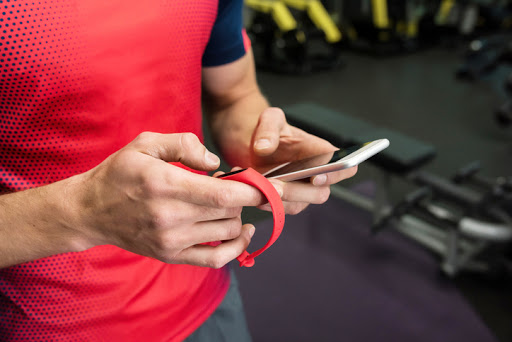
At the end of April, Google and FitBit Inc. announced that they are collaborating to leverage the use of wearable technology for the purpose of improving the quality of healthcare. The deal allows FitBit to access Google’s Cloud Healthcare API, which will then sync the data with patients’ electronic medical records.
More Customizable Health Care Treatment
For individuals who utilize FitBit’s wearable technology, their heart rate, sleep patterns, and other movements will be automatically stored in Google’s Cloud Platform and integrate with each patient’s EMR. The hope is that by providing this information and each patient’s stats to doctors and clinicians, this will better personalize the diagnosis, care, and treatment for individuals.
While that may seem like a purely positive situation, the implementation of this effort may prove to drastically change the landscape of personal injury litigation.
Personal Injury Litigation
Access to an individual’s personal stats could have potential benefits and detriments for each party. For defense attorneys, this information may help to disprove a plaintiff’s claims that he or she sustained certain bodily injury from an event (e.g. automobile accidents, slip and falls, etc.) For example, the Defense may be able to disprove a Plaintiff who claims that the pain of an injury prevents her from sleeping at night if her sleep patterns captured on her wearable technology prove otherwise.
Alternately, for plaintiffs attorneys, the potential expense of taking on a new client can be enormous. Sometimes it is extremely difficult to go off of his or her word that he or she was severely injured or injured in some life-altering way. Access to proof that she was in fact getting sleep when she claimed otherwise, may save attorneys from taking on cases that may prove detrimental to their time and their finances.
What Could this Mean for the Future?
Though unlikely for Google to easily give out its users’ information without putting up a fight, in the right case, it is possible that a judge’s request for such information is “reasonably calculated to lead to the discovery of admissible evidence.”
Should that happen, it doesn’t seem out of the question for FitBit users’ stats and information to be requested for use in other types of legal cases. For instance, if an individual claims to have been asleep when a crime was committed, that individual’s sleep information may be used to bolster their defense. If an individual is accused of running after his or her victim for the purpose of stabbing them, the heart rate information from their FitBit may help to prove or disprove this accusation by demonstrating whether or not his or her heart rate was elevated at the time in question. With the execution of this deal between Google and FitBit, this may likely change the way in which attorneys attempt to evaluate and litigate their personal injury as well as other types of legal cases in the future.
Posted in: Personal Injury
